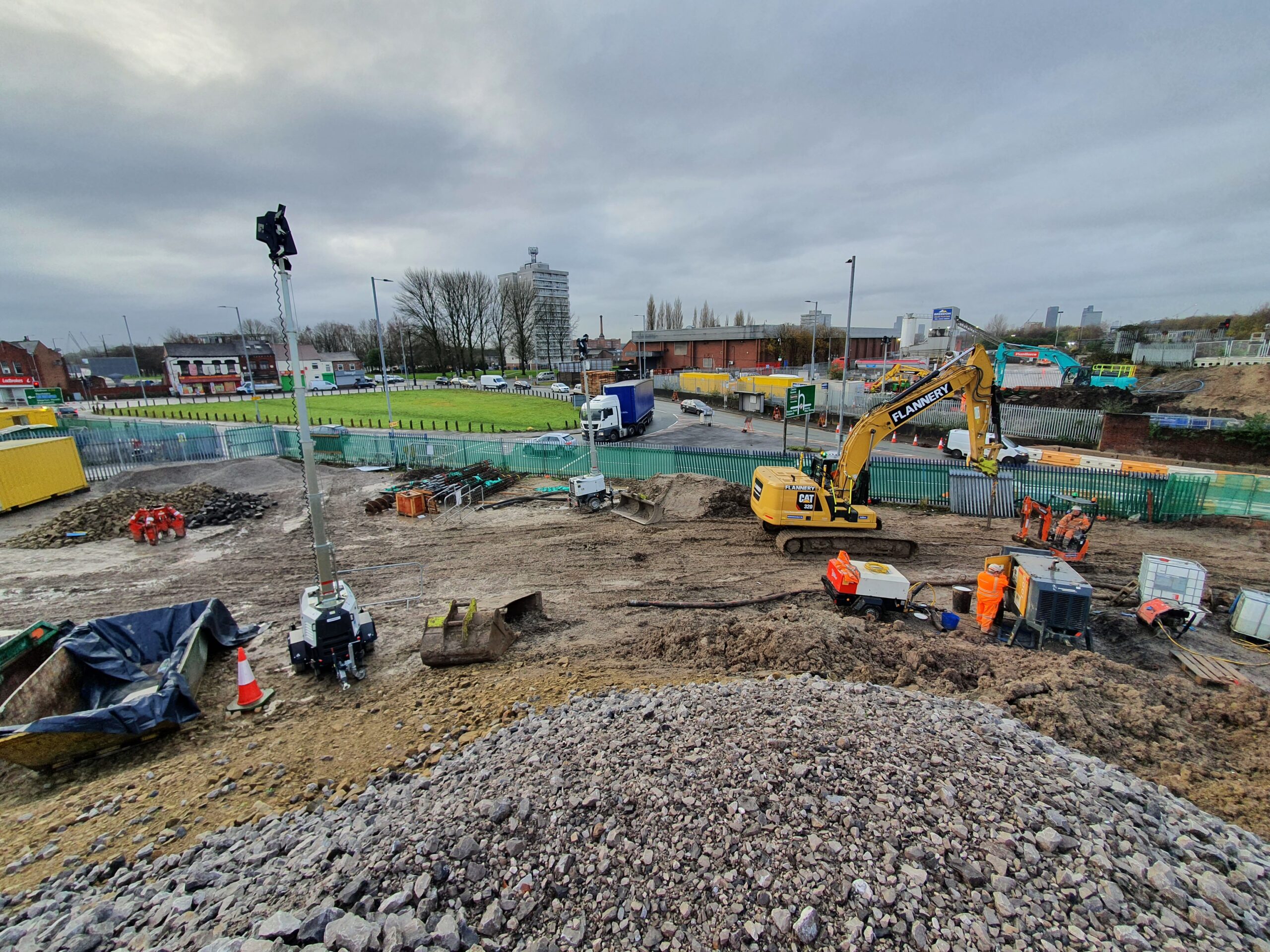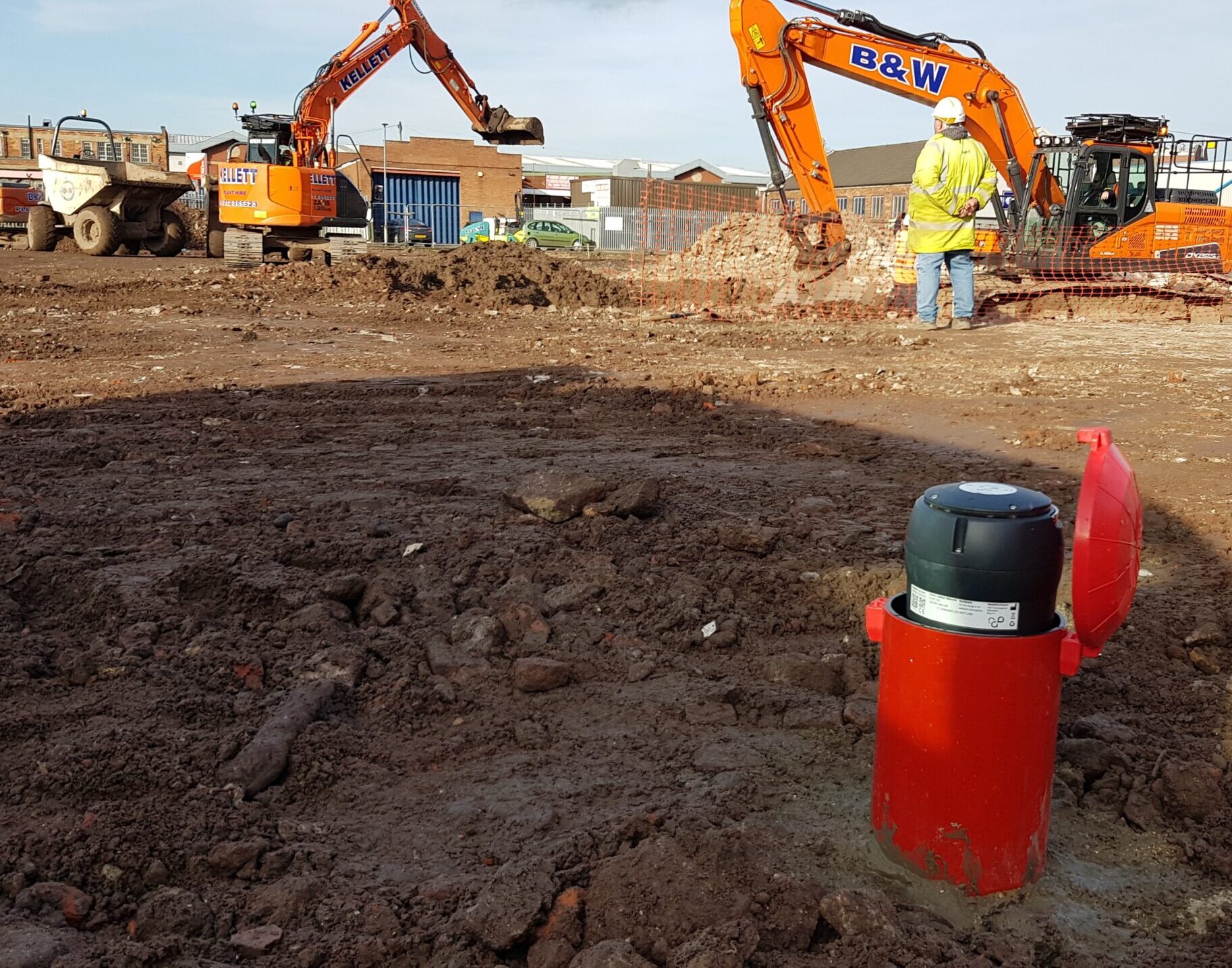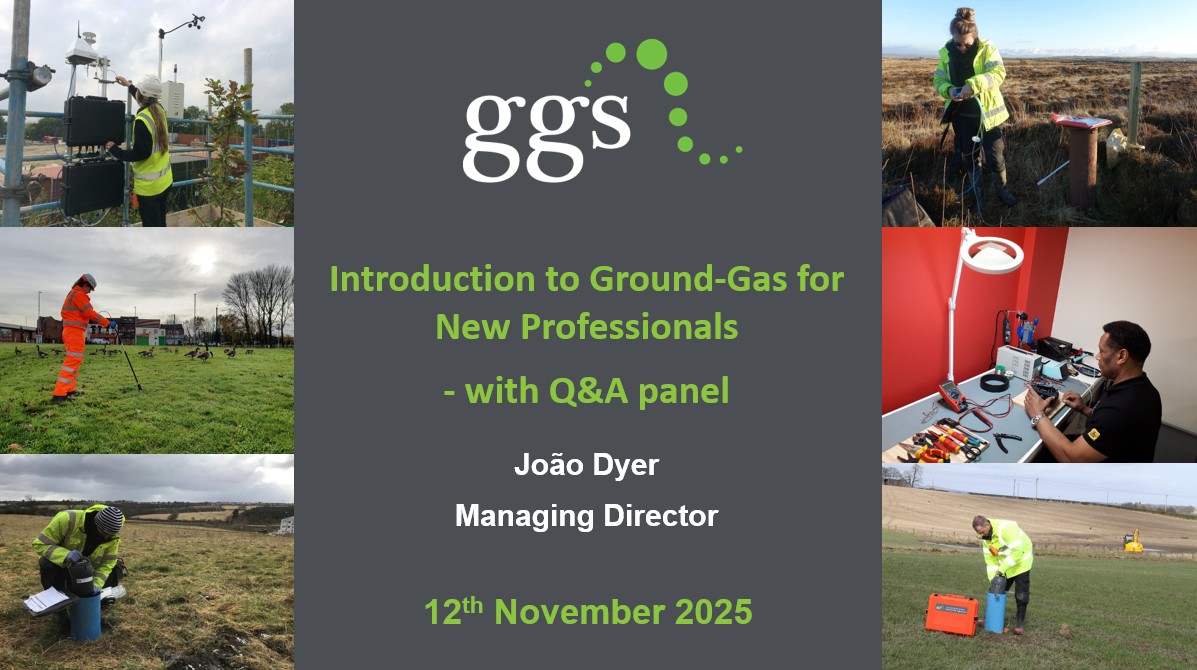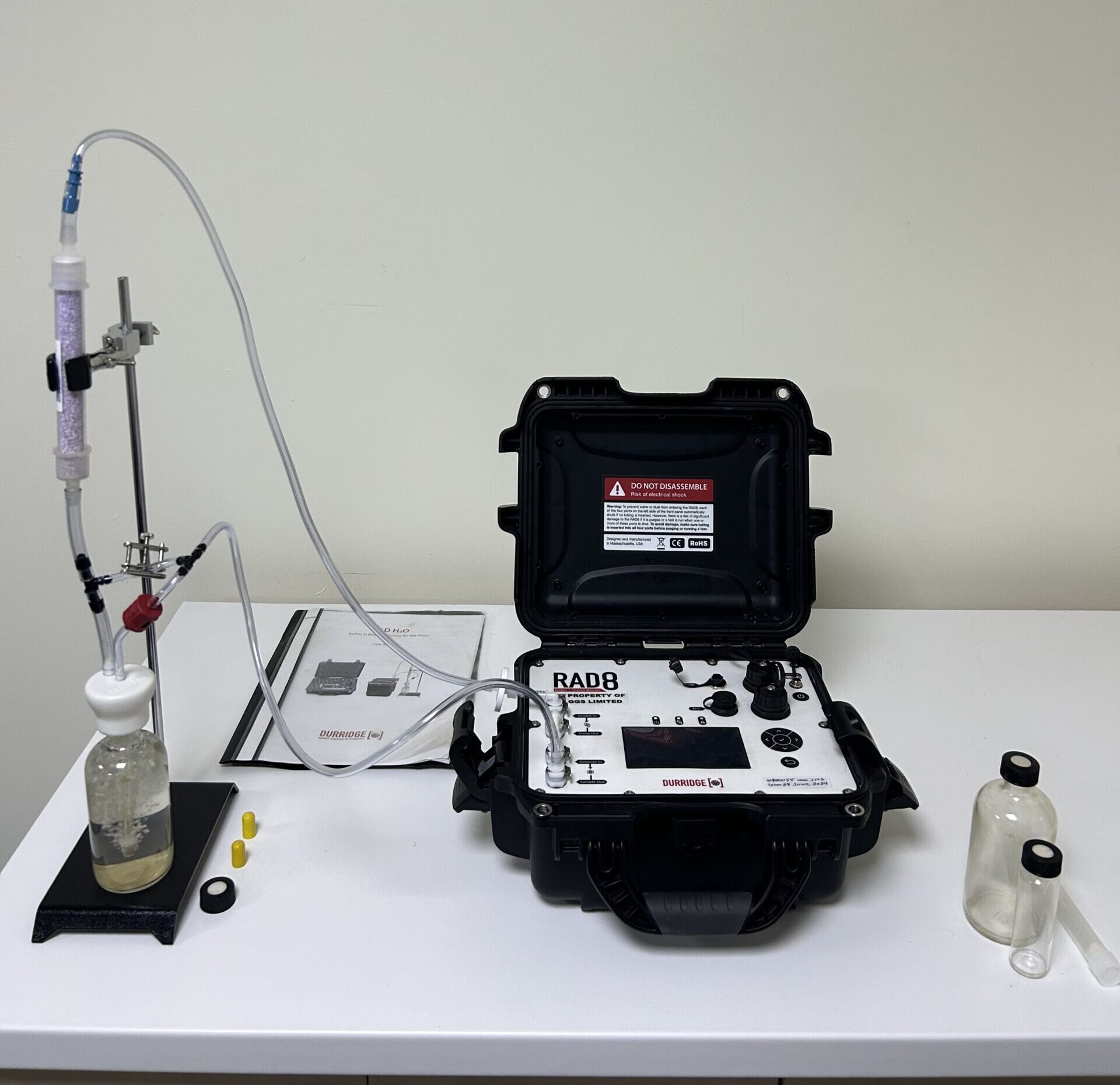Infrastructure acceleration is on the horizon. In August, the UK government outlined their plans to improve delivery by addressing planning and compliance setbacks.
If you are working on large-scale development projects you may be wondering how your work could be impacted by these plans and how you can meet your environmental obligations.
In a press release in August, the UK government defines plans to reform Britain’s broken planning and development system. This statement is part of the Plan for Change which seeks to improve the lives of working people and strengthen the country.
You may have felt the direct impact of planning systems gridlocks in the past. Infrastructure underpins all our living, travelling and working lives so it is crucial that progress isn’t stalled. We believe that meeting environmental commitments can be more efficient but we know that innovation is essential to achieve this.
How will this impact infrastructure projects?
The press release has outlined that ‘Regulation must work for the people of Britain, not get in the way of progress.’ The measures announced in August will build on a £500 million funding package announced as part of the government’s 10 Year Infrastructure Strategy.
To achieve this, Natural England and the Environmental Agency’s capacity will be increased to speed up planning applications for projects and keep them moving forward. In addition an ‘Infrastructure Board’ will be created to fast track key projects. This will be piloted with initial projects first and developed at a wider scale.

One key principle set out in the press release outlines an intention to meet environmental obligations earlier in the process. Consequently, delays often arise when compliance is an afterthought. Having a clear understanding of the risk is key so that, if intervention is needed, it can be addressed before the development progresses.
Speeding up the process to meet demands is not about cutting corners, for example, carrying out a simple sweep over survey. Instead, it requires a science backed methodology and unique technology to underline and address infrastructure needs.
As ground gas specialists we have been advocating for meeting obligations for sixteen years through a best practice approach. This includes baseline monitoring and gas leak detection to capture high quality data.

Choose intervention and prevention, not convenience
There are several important benefits to choosing best practice ground gas risk assessments. Overall, you can ensure that you are completely clear on which environmental protection measures, if any, are needed.
This does not just benefit your infrastructure project by reducing timescales, it can also reduce costly mitigation later on. You need quality surveyance over convenience in the beginnings of your project – and GGS is here to help you meet the standards that regulators will expect.
Our expertly trained ground gas scientists can help demystify your environmental duties and consult with you directly to ensure that you are confident that your project will move forward at the pace required.
To get in touch with us about your upcoming and planned projects, contact us here or call 0161 232 7465. We look forward to hearing more from you about your project.
The following pages include news articles, videos, guidance notes and white papers on a range of ground gas related topics which we hope you will find of interest. Please browse through but if you can’t find something on your particular issue of interest, we’d be very pleased to hear from you so we can put that right.

Establishing a new warehouse involves managing numerous moving parts such as ensuring operational systems are in place, training staff and coordinating logistics. Amidst this complexity, it’s essential to remain compliant with environmental and safety regulations.
One important aspect is managing and mitigating ground gas risk. Keep reading to learn about the process and what to expect.





